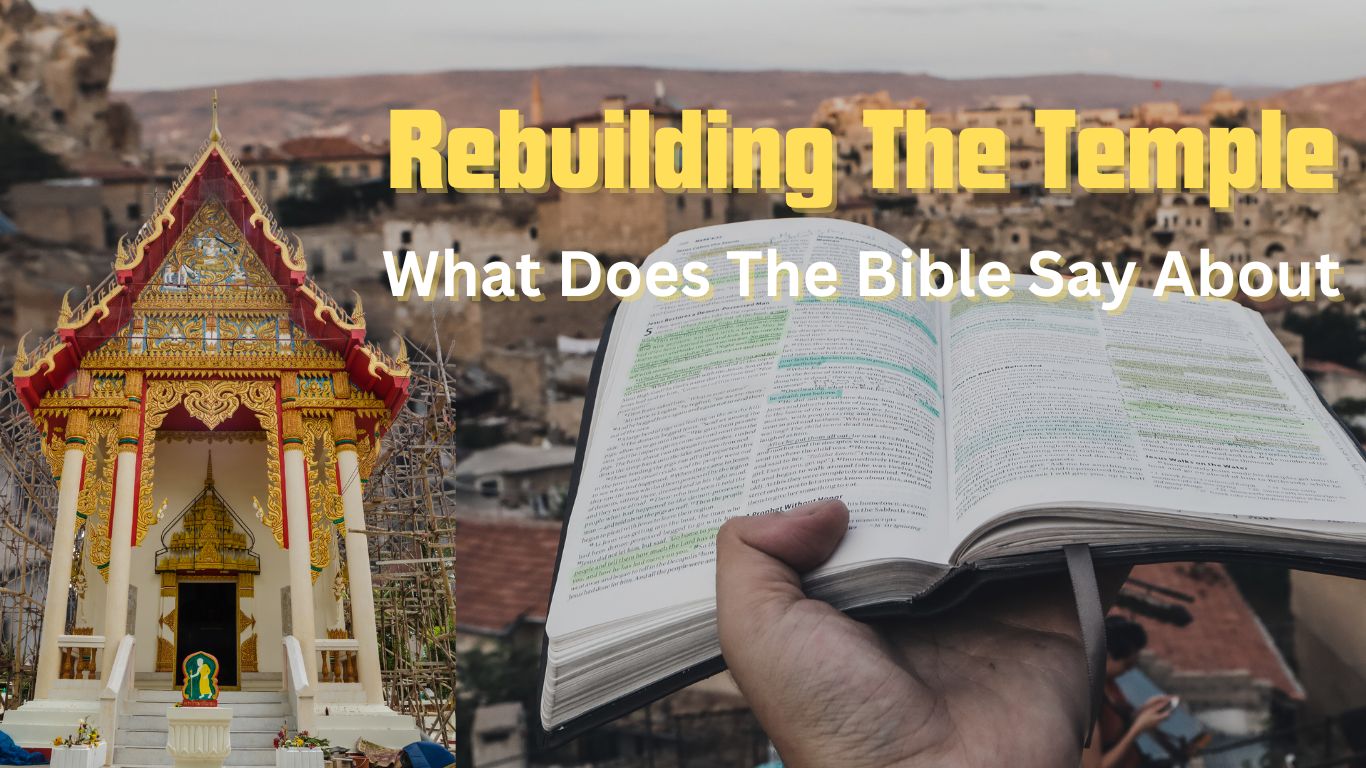 There are some Bible verses that stop us in our tracks. Not because they are hard to understand, but because they’re deeply simple and yet deeply convicting. One of those verses is found in the Gospel of Matthew, chapter 25, verse 40:
There are some Bible verses that stop us in our tracks. Not because they are hard to understand, but because they’re deeply simple and yet deeply convicting. One of those verses is found in the Gospel of Matthew, chapter 25, verse 40:
“Truly I tell you, whatever you did for one of the least of these brothers and sisters of mine, you did for me.”
That’s the heart of Jesus speaking. That’s the voice of love. And for many of us, it’s also a quiet nudge from the Holy Spirit. A call to remember that faith is not just what we believe it’s what we live out.
But this verse doesn’t just stand alone. It sits in the middle of a powerful teaching, surrounded by real questions:
- What does “When I was hungry, you fed me” truly mean?
- Why is Matthew 17:21 missing from some Bibles?
- How does the Message Bible explain this verse for today’s generation?
Let’s walk through each of these gently, with our Bibles open and hearts ready.
What Does “When I Was Hungry, You Fed Me” Mean?
This phrase comes straight from Matthew 25:35–40, part of a parable Jesus told about the final judgment. He painted a vivid picture of the Son of Man (Himself) returning in glory and separating people like a shepherd separates sheep from goats.
He says to those on His right, “Come, you who are blessed by my Father… For I was hungry and you gave me something to eat…”
At first, they’re confused. They don’t remember feeding Jesus directly.
But Jesus replies:
“Whatever you did for one of the least of these, you did for Me.”
This is powerful. It means:
- Every act of kindness, especially to someone in need, is seen by Jesus.
- Caring for others is not just a good deed it’s a spiritual service.
- We meet Jesus in the poor, the hungry, the sick, the lonely.
It’s not just about charity. It’s about connection. The kind of connection that reflects God’s love into this hurting world.
Why This Verse Matters More Than Ever
In a world full of headlines and noise, this verse reminds us of something deeper:
People are not problems to fix they are souls to love.
When you:
- Bring groceries to a single mom,
- Make sandwiches for the homeless,
- Offer your seat on a crowded bus to someone elderly,
You’re not just doing something nice.
You’re doing something holy.
You’re feeding Jesus.
Let’s Talk About Matthew 25:40 in the Message Bible
The Message Bible is a paraphrased version of Scripture written in everyday language. Some people prefer more literal translations (like ESV or KJV), but The Message helps many modern readers grasp the tone and urgency of Jesus’ words.
Here’s how The Message paraphrases Matthew 25:40:
“I’m telling the solemn truth: Whenever you did one of these things to someone overlooked or ignored, that was me you did it to me.”
It’s emotional, isn’t it?
“Overlooked.” “Ignored.”
Those aren’t just descriptions they’re real people around us. People Jesus sees and loves. People He asks us to care for in His name.
The Message Bible helps us feel the weight of that verse. It pulls it from dusty pages and puts it right in front of us at the bus stop, the grocery line, or the shelter downtown.
But What About Matthew 17:21? Why Is It Missing?
This might seem like a different topic, but it actually ties into the bigger question of how we read and trust Scripture.
If you open certain Bible versions like the NIV, ESV, or CSB you might notice that Matthew 17:21 is missing or footnoted.
That verse, in older translations like the KJV, reads:
“However, this kind does not go out except by prayer and fasting.”
So, why is it not in newer Bibles?
Here’s a simple explanation:
When the Bible was first written, there were no printing presses. Everything was hand-copied by scribes. Over time, some verses were added as helpful notes or clarifications. Later, scholars found even older Greek manuscripts that didn’t include certain verses like Matthew 17:21.
So newer translations based on the oldest and most reliable manuscripts leave that verse out or put it in the footnotes.
It doesn’t mean the verse is wrong. And it doesn’t mean your Bible is broken.
In fact, a similar verse does appear in Mark 9:29, and the message is the same:
Some spiritual battles require prayer and fasting.
The heart of the teaching is still true Jesus honors prayer. And Jesus drives out evil. That never changes.
How These Verses Work Together
At first glance, Matthew 25:40 and Matthew 17:21 might seem unrelated.
But look deeper. They both show us something vital about the Christian life:
- One reminds us to care for people in need.
- The other reminds us to depend on God through prayer.
One is about action.
The other is about devotion.
And both reflect the same truth:
Our walk with Jesus must be both hands-on and heart-rooted.
You can’t serve without prayer.
And you can’t pray without being stirred to serve.
A True Story That Brings It Home
I once knew a quiet woman named Eleanor who baked banana bread every Saturday.
That might not sound very spiritual but hear me out.
She didn’t just bake for herself. She wrapped each loaf, prayed over it, and brought it to families in her neighborhood especially single parents, elderly widows, or newcomers at church.
One day, a man who received a loaf told her, “I was ready to give up that day. I thought no one saw me. And then your banana bread arrived.”
She had tears in her eyes when she told me this. “I didn’t think I was doing much,” she said. “But now I wonder if Jesus tasted that bread, too.”
He did. Because He was hungry and she fed Him.
Living Out Matthew 25 Today
So what does this verse mean for you and me in 2025?
Here’s what it means:
- You don’t need a platform to serve Jesus.
- You don’t need a title or a ministry badge.
- You just need open eyes and a willing heart.
Look around:
- Is there a lonely teen in your church youth group?
- A single mom at work who skips lunch because of bills?
- A neighbor who’s lost a job and won’t ask for help?
Jesus is there in them. And He’s waiting for you to come near.
Small Ways to Feed the Hungry (That Change Eternity)
Not everyone is called to start a food bank. But we can all start somewhere.
Here are some ways to live out Matthew 25:40:
- Pack a blessing bag with snacks, socks, and Scripture for someone homeless.
- Invite someone to dinner who can’t return the favor.
- Donate grocery cards to your local church for families in need.
- Keep small bills in your wallet for unexpected moments of giving.
- Join your church’s outreach team even once a month makes a difference.
And above all? Pray.
Ask God each morning:
“Lord, show me someone who needs love today and help me to feed You by feeding them.”
Final Thoughts From a Shepherd’s Heart
Matthew 25:40 is more than a verse. It’s a way of seeing the world.
When you read it slowly, you realize something holy:
Jesus hides Himself in the hurting.
That’s the kind of God we follow.
Not far off. Not above the pain.
But right there in the middle of it.
So today, if you’ve ever felt like your small acts don’t matter…
Remember this:
Every sandwich made, every hug offered, every prayer whispered for someone in need
Jesus sees it.
Jesus feels it.
And Jesus receives it.
Because when they were hungry, and you fed them
You fed Him.












